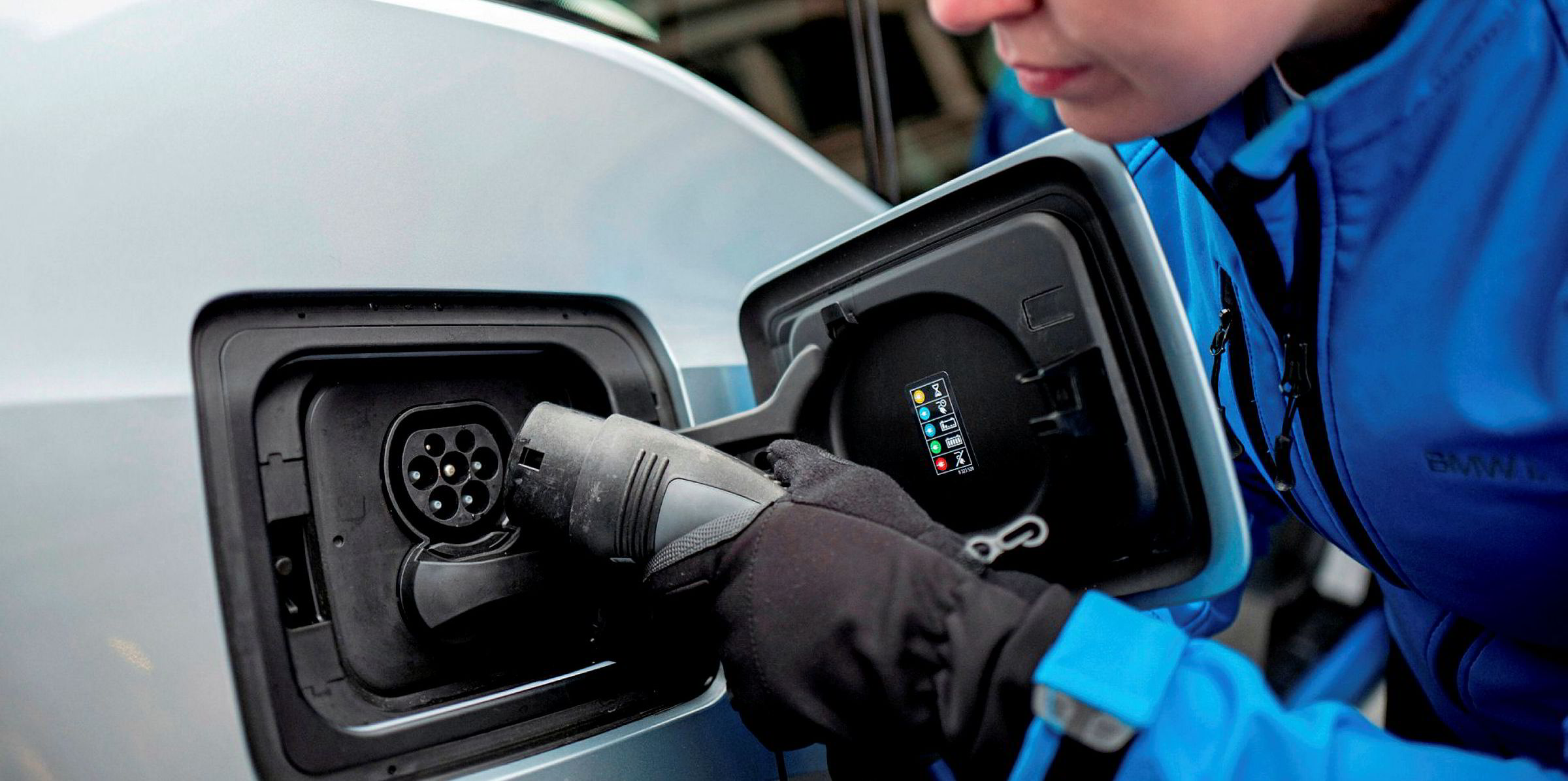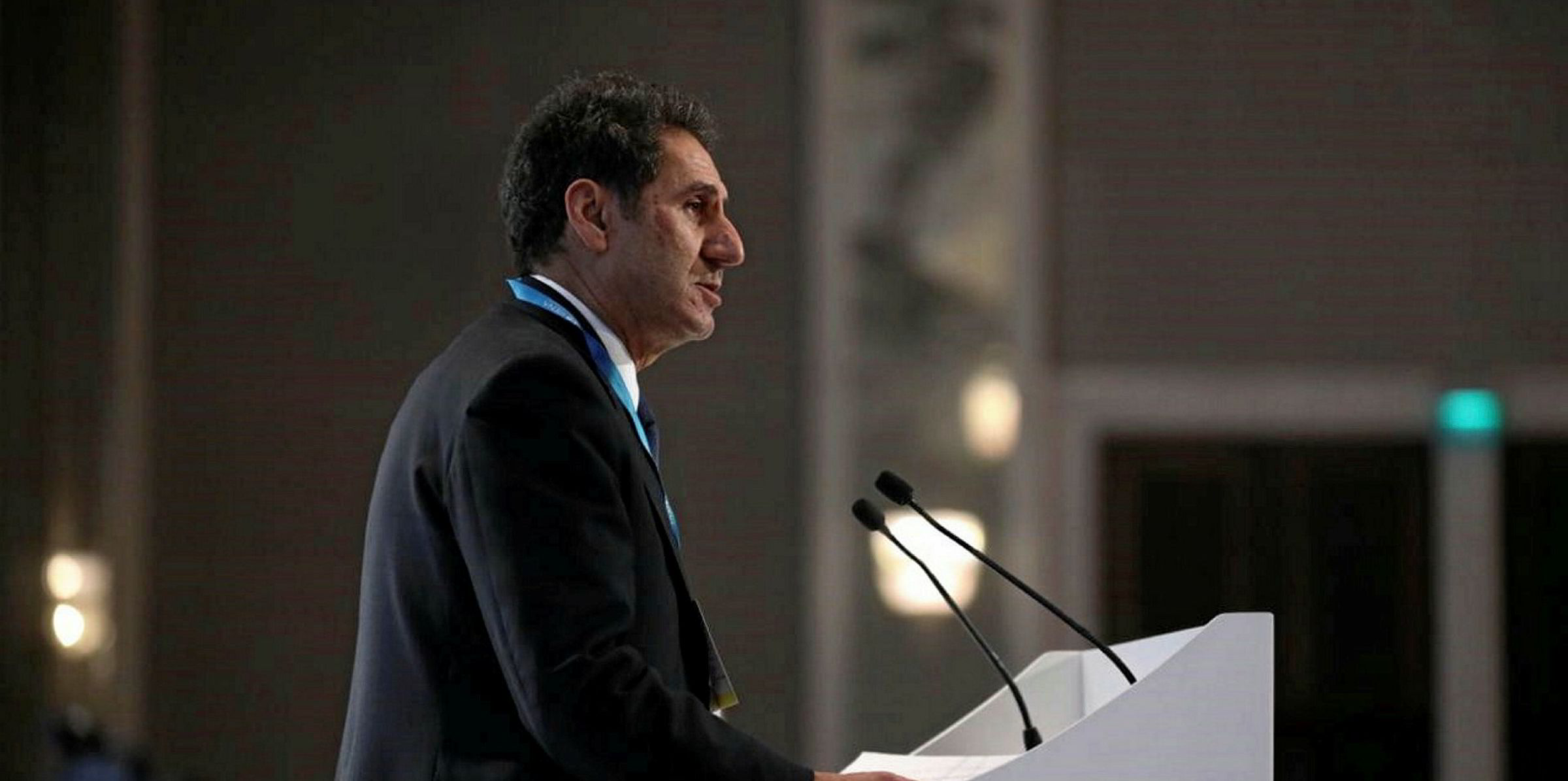A combination of faster renewables growth and deeper electrification can help the world meet its climate goals and save the global economy $160 trillion over the next 30 years, claims new research from the International Renewable Energy Agency (Irena).
The organisation’s Global Energy Transformation: A Roadmap to 2050 says the twin-track approach could deliver 75% of the emissions reductions needed to achieve the goals of the Paris Agreement, if accompanied by greater penetration into heating and transport.
Director-general Francesco La Camera – making his first appearance at a major event since taking the reins at Irena as he launched the report at the Berlin Energy Transition Dialogue – said: “The race to secure a climate safe future has entered a decisive phase.
“Renewable energy is the most effective and readily-available solution for reversing the trend of rising CO2 emissions”
The $160trn savings bonanza would come from “avoided health costs, energy subsidies and climate damages”, said Irena, as it outlined a scenario in which electricity accounts for half of the global final energy by 2050 – and 86% of that power comes from renewables. Every dollar spent on the energy transition would reap a payback up to sevenfold, it claimed
“The shift towards renewables makes economic sense,” said La Camera. “By mid-century, the global economy would be larger, and jobs created in the energy sector would boost global employment by 0.2%.”


